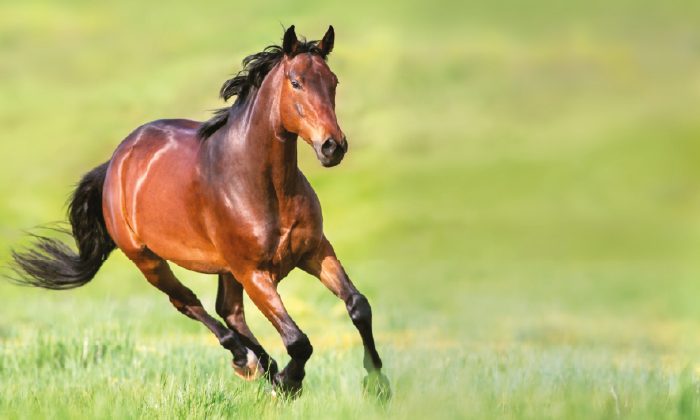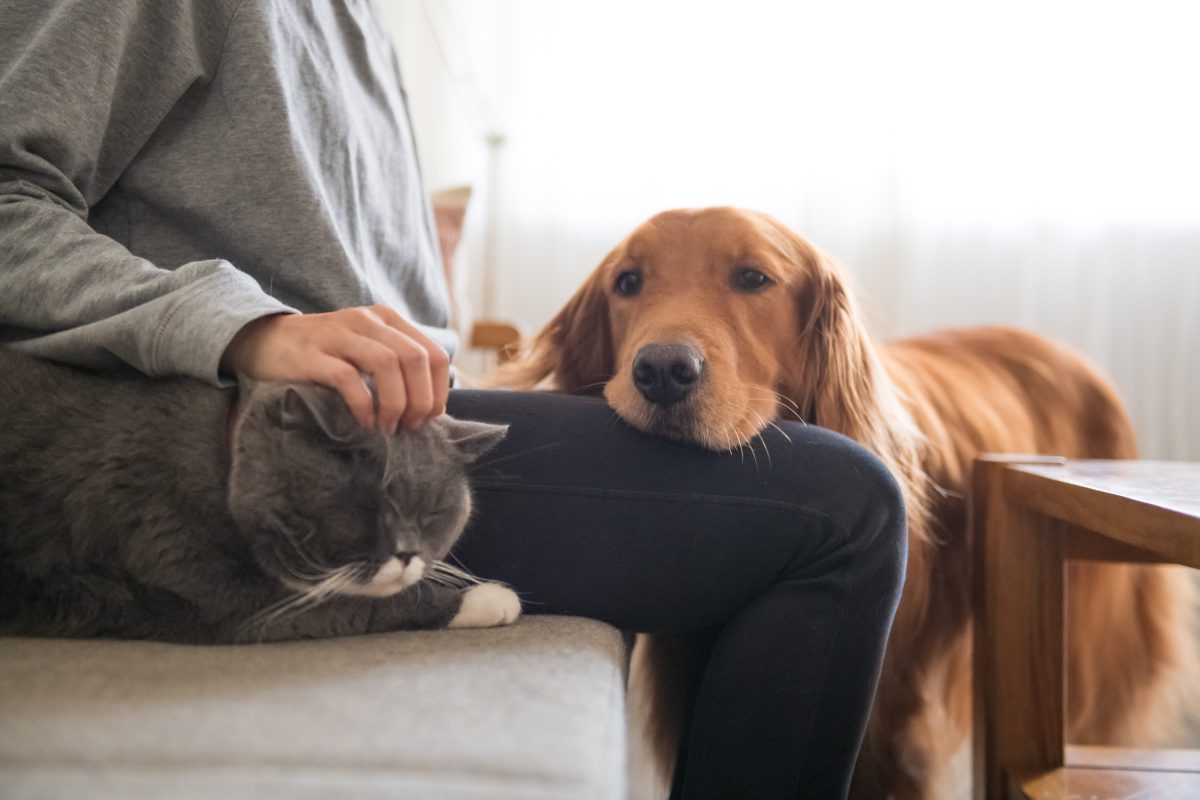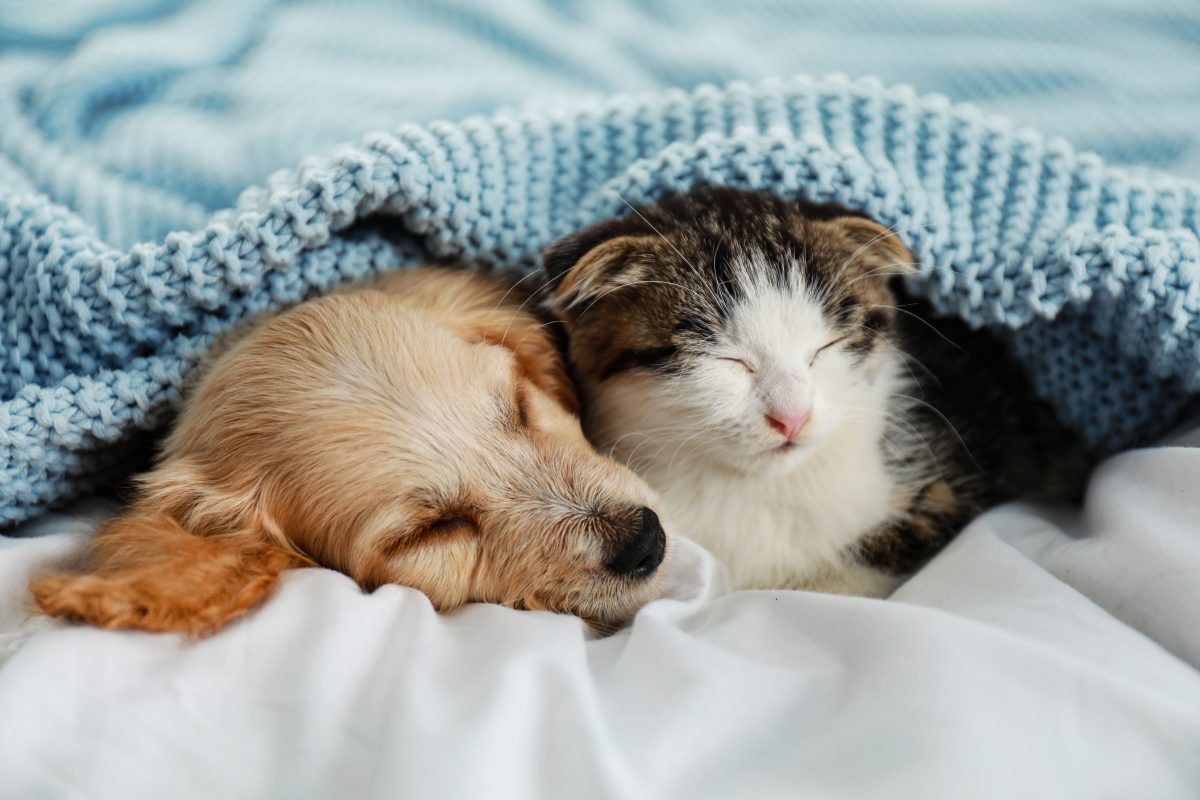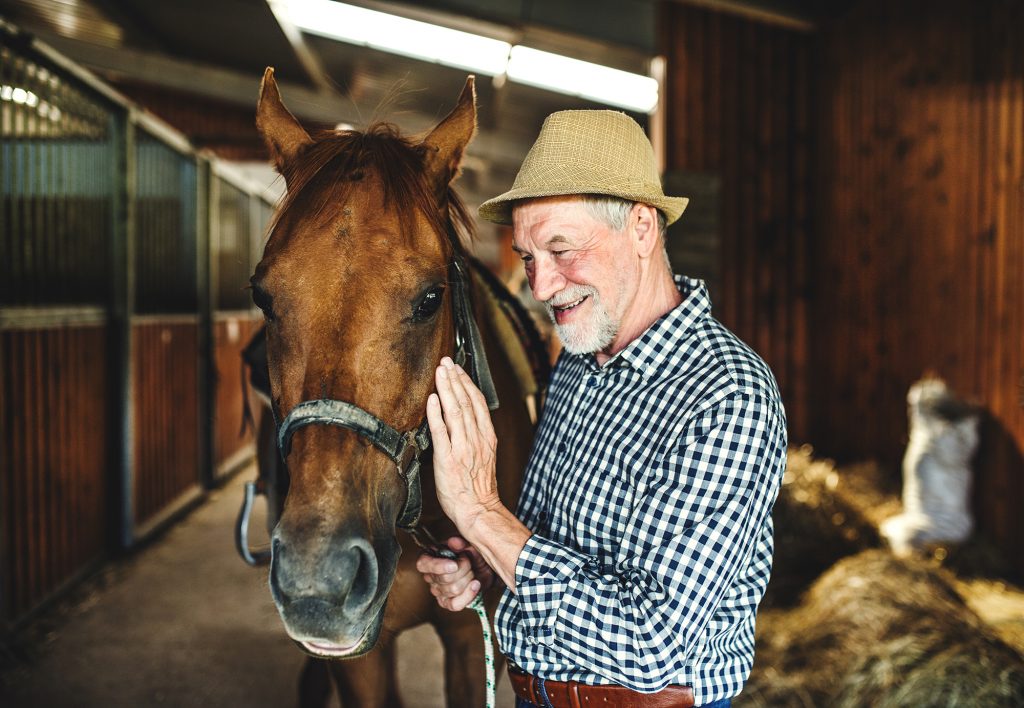After the holidays we return to the usual habits, some at work, some at school, some at home ... and if we did a six-legged trip ours too hairy he will have to return to "normalcy", perhaps staying a few more hours at home alone. To make him weigh less the solitude you can enrich the environment in which it lives with stimuli, but for some dogs this is not enough and it is possible that they adopt unusual behaviors. The dog, in fact, is a social animal, used to living in a pack and it can happen that, after a more or less long period always spent in the company of his family, he suffers a little solitude.

But when it comes to separation anxiety... what do you mean?
And problems yes separation they are very frequent and can occur both when the dog remains alone at home and when he comes physically separated from his human (for example when furry and human are in separate rooms).
How to recognize it?
This problem can manifest itself in three ways: destroying (furniture, objects ...); vocalizing (crying out, barking or sometimes howling) or doing the needs in an inappropriate place. It may be that there is only one symptom or all three… and they may be accompanied by other behaviors such as abstaining from water and food during the period of solitude; increased motor activity (the dog continues to walk back and forth); increased responsiveness and alertness; depression, anorexia and lethargy; increased heart and respiratory rhythm; vomiting, diarrhea; behaviors of self-harm, such as pulling hair or licking insistently and excessively ... Not only that: some factors can contribute to the onset of this behavior, such as early weaning, excessive greeting behaviors, genetic characteristics, age of the 4-legged (puppies and seniors are more vulnerable to traumatic events) .If yours 4 legs è hyper-attacked to his human, he follows him everywhere and is very very festive when he comes back even after a few minutes… it is possible that he suffers from separation anxiety. A first "test" is used to understand if the behaviors related to the probable state of anxiety manifest themselves only when his human leaves or also in other situations: theseparation anxiety, in fact, it manifests itself only when the human reference point is missing of the hairy. In case Fido you seem to exhibit symptoms of this disorder it is always good to consult a veterinarian behaviourist who will be able to find the most suitable solution for him, in most cases obtaining good results in a fairly quick period of time.
How?
Through a series of rules to be respected need behaviors to be implemented consistently, always showing confidence in 4 legs! And if the commitment were not enough then he could recommend a homeopathic remedy to alleviate the traumatic factors behind this behavior, to make the work easier to do together.
Written by Networkdacani per Union BIO
Photo:Angela n., and have fun.



















